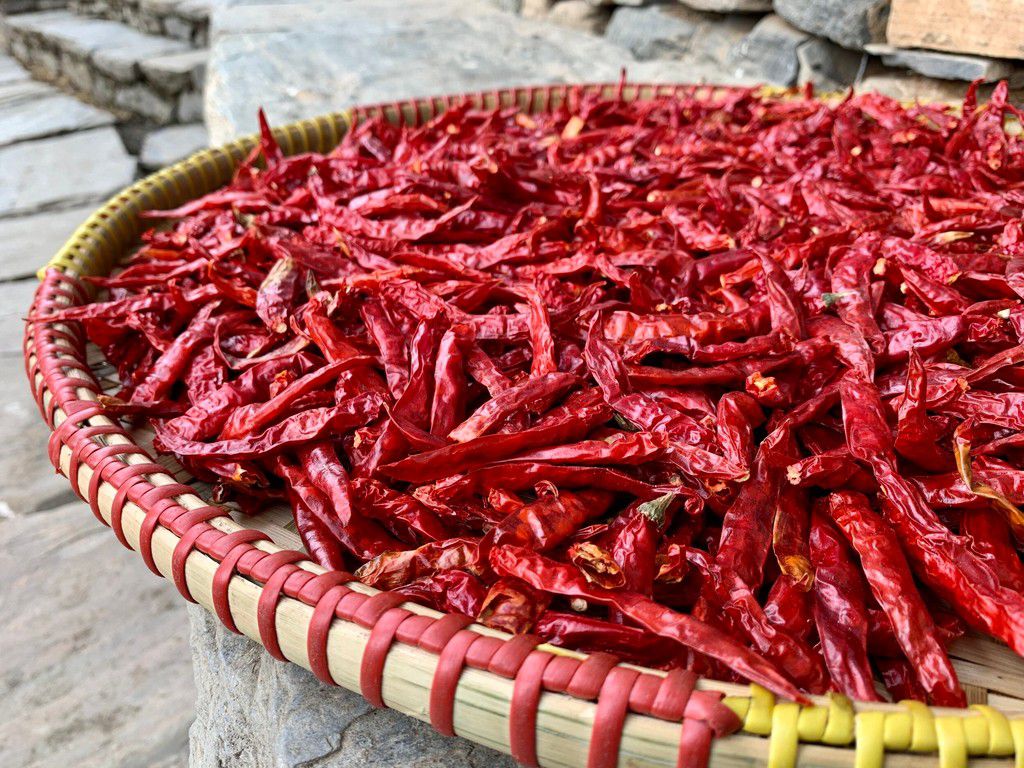New guidelines as Uganda finally cleared to export dried chillies, fish to China
)
The agreements, signed by the Ministry of Agriculture, Animal Industry and Fisheries (MAAIF) of Uganda and the General Administration of Customs of China (GACC), were part of the outcomes from the 9th Forum on China-Africa Cooperation, held in Beijing from 2nd to 8th September 2024. The Ugandan delegation was led by Vice President Maj. Rtd. Jessica Alupo.
The first protocol concerns the inspection, quarantine, and sanitary requirements for wild aquatic products, including Nile perch fillets, headless and gutted Nile perch, fish maw, fish skins, fish scales, and silver fish. Wild aquatic products, under this agreement, refer to processed animal and marine plant products suitable for human consumption, excluding live aquatic animals, breeding materials, or any species restricted by the Convention on International Trade in Endangered Species (CITES).
The second protocol pertains to dried chilies, formalising an agreement to access one of the largest consumer markets for this spice in the world. Uganda has long been restricted from exporting dried chilies to China due to international norms requiring scientific assessment to mitigate the risk of introducing exotic pests to the importing country. After joint research by scientists from both nations and identification of high-risk pests, the mitigation measures were agreed upon, paving the way for the protocol to be signed.

Agriculture Minister Frank Tumwebaze told the press on Tuesday that the protocols mean Uganda can now legally and directly export dried chillies and wild aquatic products to China through officially recognised trade channels, without the need for unofficial routes often operated by middlemen.
This legal clearance he said, aims to improve export value and income for individual Ugandan traders and the nation at large, facilitating a smoother, more transparent trading process.
Prior to these agreements, wild aquatic products from Uganda were often exported to China through non-designated trade routes, creating challenges for Uganda to establish a formal presence in the Chinese market.
“The newly signed protocol ensures that all exports of these wild aquatic products are certified as safe for human consumption by Chinese authorities, promoting compliance with stringent food safety and quality standards,” he said.
The legalisation of dried chilies and wild aquatic product exports is expected to have a substantial impact on Uganda’s trade balance with China. Both MAAIF and private sector stakeholders, including producers, processors, and exporters, will work collaboratively to meet China’s market demands while ensuring compliance with export requirements.
Requirements
Prospective Ugandan exporters must adhere to the following procedures to gain admission into the Chinese market:
Registration with GACC: All prospective export companies must apply and register with the General Administration of Customs of China (GACC).
Application through MAAIF: Exporters should formally express their interest in exporting to China by writing to MAAIF. The ministry will conduct a pre-audit on the compliance status of the applicant’s establishment before recommending them to GACC for registration.
MAAIF Support and Facilitation: A dedicated task unit within MAAIF will be established to expedite the export registration and compliance process, ensuring all necessary protocols are followed.
Minister Tumwebaze urged potential exporters to familiarise themselves with the specific export requirements and standards for each market segment. Emphasising quality and compliance with market demands is crucial to producing competitive and desirable products for the international market. MAAIF remains committed to supporting all actors within Uganda's agricultural value chain in meeting these standards.
The Ugandan government is also continuing discussions with China on additional export protocols for other products, including avocados, meat, and castor oil, further diversifying Uganda’s export potential and strengthening its agricultural trade relations with China.
)
)
)
)
)
)
)